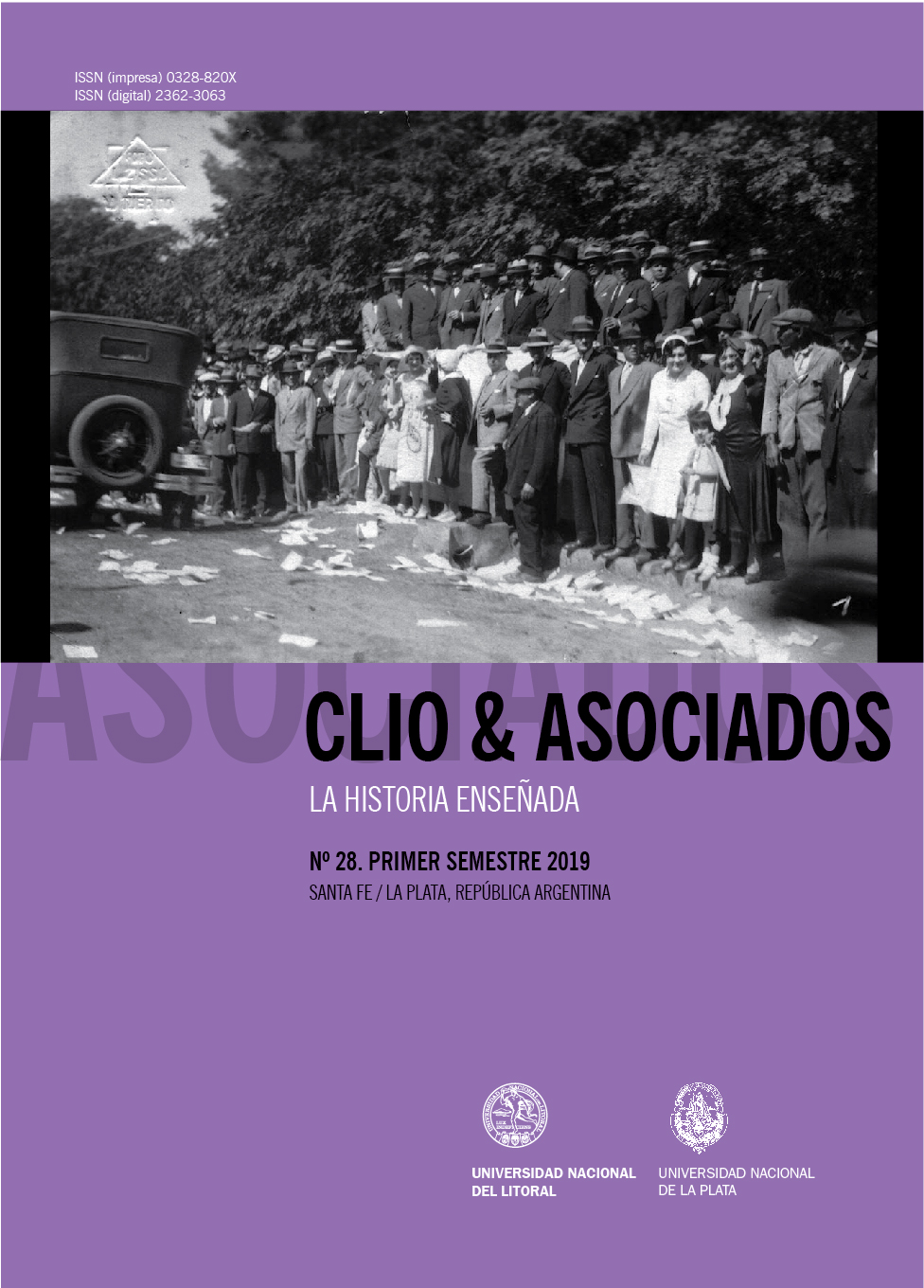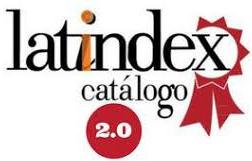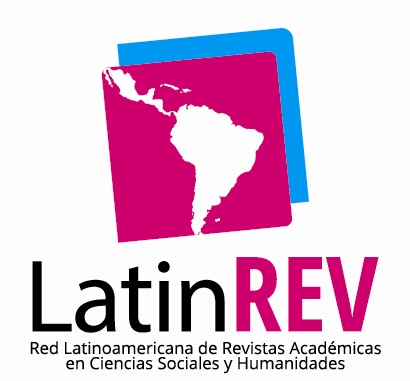The history taught to children in Brazil: strategies against the ‘danger of the unique history’
DOI:
https://doi.org/10.14409/cya.v0i28.8120Keywords:
History, curricula, teaching and learning, pedagogical practicesAbstract
The history present in the curricula of Brazilian school education is plural. In a complex and humanly unjust country, the right to learn is profoundly unequal in compulsory basic education in the different regions of the national territory. The text presents an analysis of the dimensions of the history taught to Brazilian children (6 to 11 years old) in the first five years of elementary school, with reference to the curricular prescriptions of the "National Curricular Common Base", approved in December 2017, and the dangers of a unique history in our schools, in the liberal political and conservative political and cultural context. It is a dialogue with methodological approaches that can favor the construction of other historical narratives in the classroom, cultivate the democratic debate of different visions and the incorporation of diverse sources and languages in the pedagogical work. History, as a curricular component, since the first years of schooling has an important role for the formation of citizenship and critical understanding of experience.









